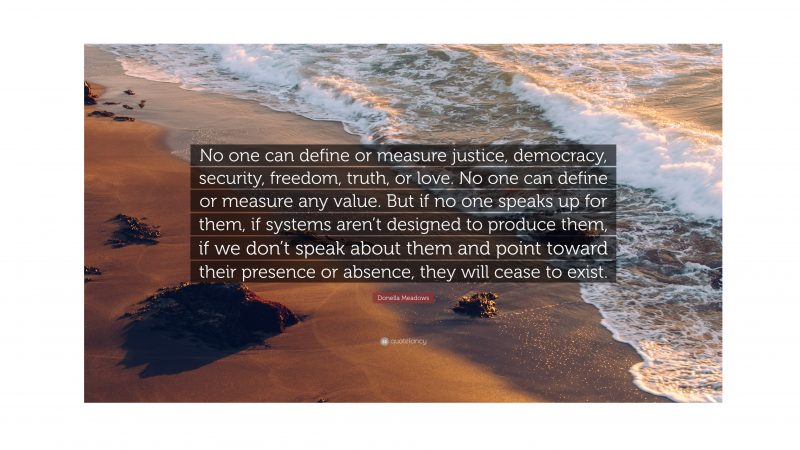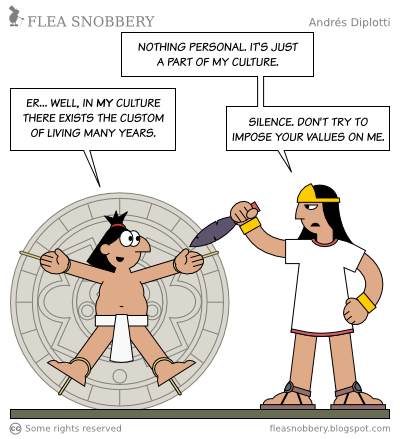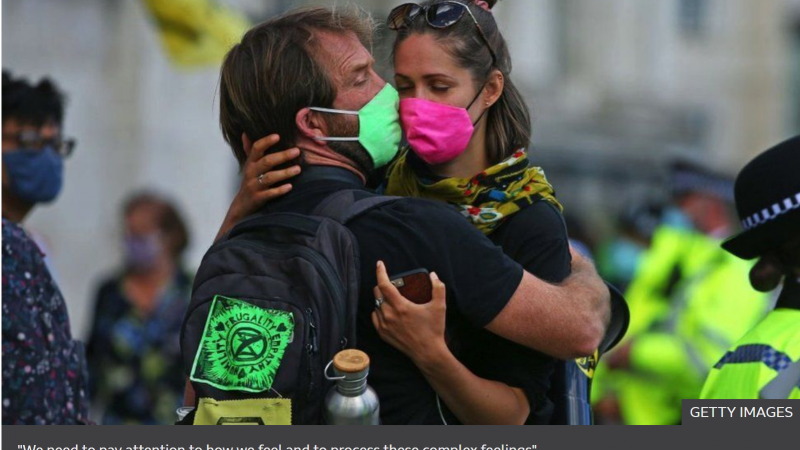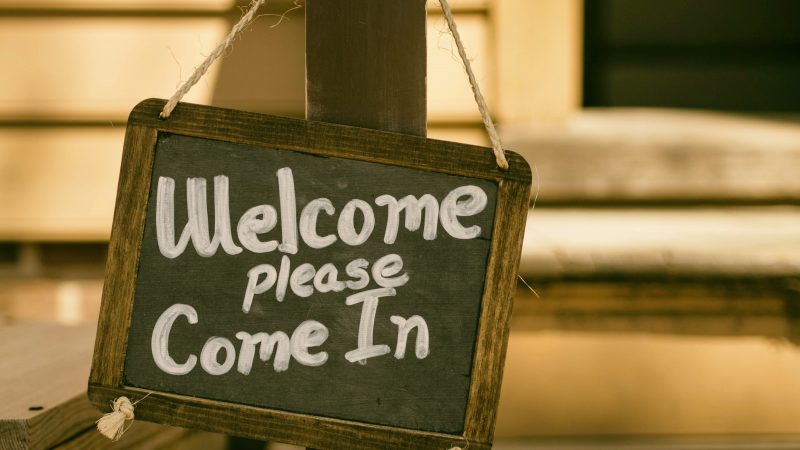
Hi, Congratulations! You’ve made it! 30 days of sustainable change!
It really has been amazing to follow your journeys – to witness your courage, your creativity, your commitment, and growing consciousness around making sustainable an equitable change. We’ve seen you explore and shift background conversations in yourself and others, such as moving away from limiting either/or thinking and embracing asking questions and starting new conversations.
At the collective level, we’ve been reading how you have been influencing each other and people around you. When we at cCHANGE, thought about how many people may have been influenced by the Ripples of Change challenge, we are very inspired by the fractal of change that’s been started here.
It was also inspiring to read today’s article about Ripples of Change in the The Independent. Such a different story from the predominant storylines in the media at the moment as we prepare for the COP26 climate change meeting in Glasgow. The predominant narratives are about catastrophic climate change, politicians not doing enough, hopelessness, and activists calling it all out … and we need this. But we also need your stories, which are refreshing and authentic. They are stories of individuals being defined by more than their carbon footprints and negative environmental impacts, but rather by their courage, creativity, and ability to be in action and shift conversations and inspire people around them.
This week, Greta Thunberg published a though provoking video in The New York Times, she said “All political and economic systems have failed, but humanity has not yet failed.” Hopefully the politicians step up at this critical time, let’s see. But our faith in humanity’s ability to respond has been confirmed through seeing your achievements over the last month.
We look forward to watching the ripples you have created here, grow into waves.
All the very best,
The cCHANGE Team 😊

Hi,
It’s the end of week 3 and only 1 week to go! It’s been incredible reading your posts; to get a glimpse into how you are thinking about the systems around you and your challenge. You have seen how the systems in place can help or hinder us. Some of you have even been asking people in organizations questions about why certain systems still exist or whether there are alternatives. It’s really inspiring!
As you have noticed, many of the systems around us need to shift from linear, take, make, waste systems to systems based on something more circular, nature-based, and even regenerative instead of destructive. There are many people out there working on this and many governments (national and local) have begun supporting circular economy action plans or initiatives like Doughnut Economics.
Have you seen The Story of Stuff by Annie Leonard? She gives a great perspective on the systems around consumption. She has started a whole movement around it and has made videos on different topics, including changemaking and solutions. One important take-away from The Story of Stuff, is that systems usually deliver what they are designed to. That means if we want our systems to deliver different things, we have to design them differently.
We often think of systems as stuck in stone, as the way things are. But they aren’t, they can change, and they have – just look at the changes in the last century. Our co-founder Karen O’Brien, wrote a piece about how thinking of climate change and the systems that are perpetuating it as relationship problem, might open up different ways of thinking about how we solve it.
And in her recent book, You Matter More Than You Think: Quantum Social Change for a Thriving World, Karen draws on concepts from quantum physics, suggesting that social structures 1) are not «real» in the classical sense and 2) do not exist above and beyond individuals and their practices. These practices, created by shared mental states, have material manifestaions and consequences.
She goes on to say, that the things we value, create different ‘social waves’ which manifest different values in our systems: «A social wave function that recognizes the value of diversity will collapse into a very different reality than one that emphasizes homogeneity. Similarly, a social wave function that values equity and sustainability will manifest a different world from one that emphasizes greed and exploitation.»
As the quote in the image above by Donella Meadows, a leading systems thinker, suggests, some of the things which are valuable and important for a sustainable and equitable future, are not easy to define or measure in our current systems, but it is important that we keep trying. What kind of systems would you like?
Enjoy the last week! We are going deeper into the personal sphere, the world of values, beliefs and assumptions, mindsets, and worldviews.
Best wishes
The cCHANGE Team

Hi,
That’s week 2! Congratulations – half way through.
This week we looked at the cultures and norms around us that support or hold us back from making change. They can be so powerful … and they are often also invisible to us. So it’s great that you spent the week investigating and building awareness of the culture around you and how it responds to you making a change.
It’s been really fascinating to read your updates. Some of you have the support of family and friends, some of you feel that the people around you aren’t that engaged in your change, and some have been influencing others outside their closest circles and observed others adopting the change too. The whole gammut.
About invisibility of culture, I have a favorite quote from the author David Foster Wallace:
“There are these two young fish swimming along and they happen to meet an older fish swimming the other way, who nods at them and says, ‘Morning, boys. How’s the water?’
And the two young fish swim on for a bit, and then eventually one of them looks over at the other and goes, ‘What’s water?’”
So, because culture can be like the water we swim in, it’s so important to build our awareness. When you have awareness and can name what is happening, then you can be more specific about what you think needs to shift.
David Snowden is someone who developed a tool to map culture. Below is his TED talk about how he helps organizations map culture and devise small changes. He talks about changing stories (narratives) to build fractals that can make change, at all levels. (It’s a bit like what the cCHALLENGE aims to do).
In Week 3, we move on to systems. We’ve already seen some great posts coming through!
Good luck and keep going 🙂
The cCHANGE Team
That’s week 1 down! Well done everyone! We loved meeting you and reading your posts this week.
This week – week 1 – we’ve been noticing the practical things that need to be in place to make our challenges successful, we’ve looked at habits, and thought about when we are on autopilot. Building our self-awareness. Many of you commented about the energy it takes to change habits and how you need to think more consciously about what you do.
There are many interesting resources on habits. Charles Duhigg is well known for writing and talking about how habits work: How To Break Habits
Or this is a nice article on the power of self-awareness and its links to habit change and leadership: Why Self-Awareness Is the Secret Weapon for Habit Change
Although it’s not quite the message we are going for, I often think this 80s song about Bad Habits by Australian Billy Fields sums up how hard it can be to change habits. It’s kind of catchy.
But seriously – imagine this on the collective scale. At the moment, we have collective habits that need to change if we want a thriving future for ourselves and the planet, so exploring habits and how to reconcile short-term pleasure/convenience/relief with the long-term results we want to see is important work.
Keep going! We’ll start looking more at the collective in Week 2.
See you on the platform!

Hi,
Hope that your challenge is off to a good start! The cCHANGE team look forward to following your posts and learning more about what you have chosen to focus on and why.
I wanted to share this interesting BBC article I read this morning about how climate scientists recommend dealing with anxiety around climate change.
It seems being in action works for many of them. I also like the idea that everyone has a role to play. We don’t all have to be climate scientists or activists. Discover your own sphere of influence and where you can make a difference in a way that works for you.
Finding a community and acknowledging feelings and finding ways to process them are also mentioned, so that one can move back into being in action.
«You will have good days and bad days», Dr Foley says. «Maybe that’s how you feel some days. But I hope you come back and maybe roll up your sleeves and see that actually maybe doom isn’t guaranteed.»
What do you think? Does climate anxiety affect you? How do you deal with it?

Welcome to Ripples of Change!
We’re so excited that you’re participating in this 30-day challenge, an experiment with change.
By making one small change in your own life, you will learn more about the connections between individual change and societal change.
Spend the next 30 days observing, reflecting, exploring, and talking to others about your change experiment.
Use this platform to share thoughts, stories, images and even YouTube videos.
Click on the Write icon above to start posting.
Be inspired by reading other participants’ posts and write a comment underneath their post to encourage them.
Week 1 is about choosing your challenge and preparing. Good luck!
If you have technical issues or questions, contact us: [email protected].